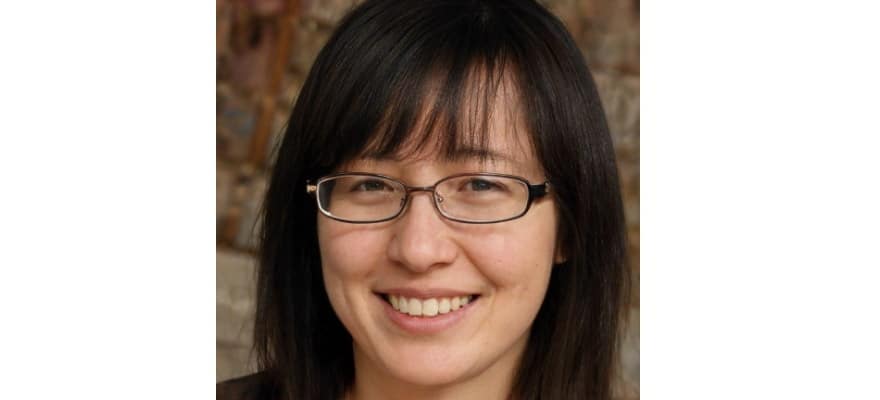The unbanked problem has long been a critical issue, which economists, organizations, and governments haven't found a viable solution for.
According to the World Bank, 1.7 billion people are unbanked globally.
As they remain without access to financial services, they can't remit money back to their families, can't borrow funds from banks, or utilize savings products to increase their wealth in the long run.
That said, a new company is on the horizon that is committed to solving the ever-growing problem of the unbanked by implementing cryptocurrencies into a robust, cross-border payment system.
To find answers, we have interviewed Jessica Jia, the CEO of the next-generation global payment network Bococoin.
How did the unbanked become the primary market of Bococoin?
This is where we found the highest demand for Blockchain -based solutions that would be independent of currency exchange rates and cross-border transaction expenses.
Traditional banking and the societies where the majority of people have access to banking services would require a significantly larger investment to incorporate blockchain technologies.
We see significantly more opportunities and benefits for the world in developing a completely new market.
At the same time, we offer a next-generation of financial solutions to those who need them the most yet were abandoned by banks and other traditional providers.
Will only the unbanked benefit from Bococoin implementation?
In addition to the underbanked and the unbanked, the modern global economy will also benefit greatly from the inclusivity Bococoin will create.
Even though Bococoin will operate mainly in countries where the majority of the population is unbanked, these people together can bring trillions of dollars to the global economy.
Gaining access to the financial services they long needed – but for a fraction of the costs and in a much more effective form –, the unbanked will be able to improve the quality of their lives, which will eventually give an indirect boost to the global economy in the future.
What markets are you aiming to explore first and why?
Mainly Asia, but also Latin America and Africa. The reason for choosing these markets is simple: these regions have the largest unbanked and underbanked population.
However, it's important to note that there's still a lot of unbanked people, even in developed economies. For that reason, we are planning to gradually expand to these countries as well after we have found success in the markets we have been already present.
How will BCC ensure low fees for cross-border transactions? Will it be able to replace fiat for those without banking services?
By utilizing the highly effective Delegated Proof-of-Stake (DPoS) consensus mechanism, Bococoin can achieve very high throughput as well as negligible transaction cost.
Based on data we have about BCC transactions in our network, users pay an average of $0.0001 per transfer, which makes Bococoin a viable solution for micropayments as well.
In addition to the DPoS algorithm, our highly efficient network architecture based on the Tendermint engine guarantees users secure, instant, and extremely inexpensive transactions in Bococoin's fast-growing ecosystem.
Personally, I believe Bococoin and BCC have the potential to gain a strong foothold against obsolete networks like SWIFT that use fiat currencies for cross-border Payments .
Considering the unbanked, I expect BCC's adoption to hit even higher levels, if not replace fiat completely, for international transactions in the future.
Will the implementation of Bococoin in every location require the physical presence of some sort of agents?
Not necessarily. Currently, we see two main directions to develop our establishment and gain a foothold on new markets.
The first method indeed includes our exchange agents being present at key physical locations within the regions we target.
They will be closely tied to the Bococoin ecosystem, and they will act as delegates staking their own BCC, which will ensure the effectiveness of this strategy.
On the other hand, we can also increase our presence in new locations without the physical presence of exchange agents.
As part of this strategy, we will deploy and operate ATMs in several areas to provide easy access to BCC for local residents, which they will be able to exchange for cash and other cryptocurrencies.












